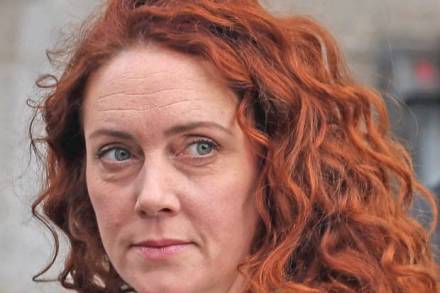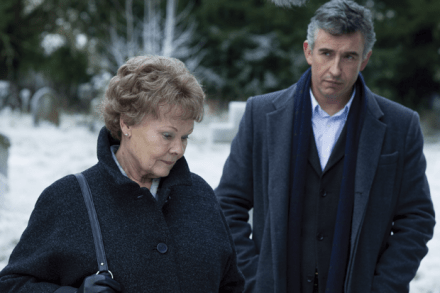Hacking Trial: the movie
We may have had the verdicts and the sentences in the hacking trial, but the biggest question remains unanswered: who’s going to play everyone in the movie? There’s one clear and obvious frontrunner for the part of Rebekah Brooks: Bonnie Langford. Sadly, however, Ms Langford has heavy panto commitments and cannot be released for filming. So we’ll have to make do with a B-list purveyor of ginge instead – Nicole Kidman, perhaps, or Julianne Moore. (Cate Blanchett might have got a look-in if we’d avoided the temptation to base everything on the hair, but Brooks herself never did so why should we?) Andy Coulson should be played by Ewan McGregor,









